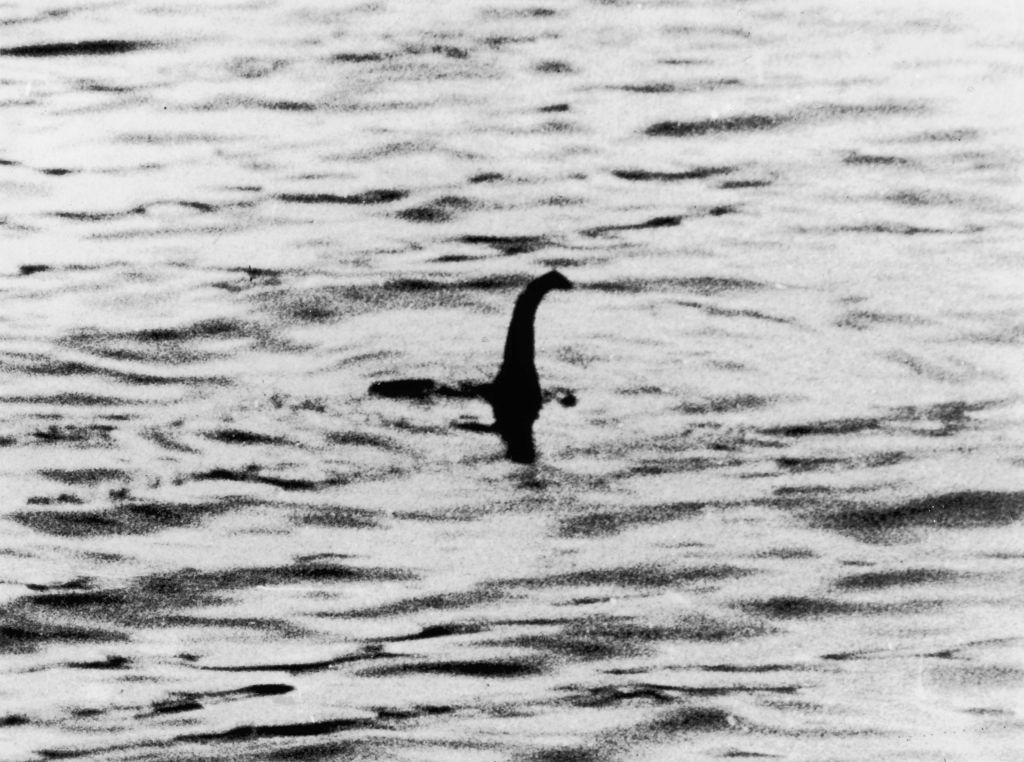Matt Ridley has narrated this article for you to listen to.
Is the Loch Ness Monster real? Many thousands of people think so. ‘Existence “plausible” after plesiosaur discovery,’ the BBC reported. ‘Hundreds join huge search for Loch Ness Monster.’ Not only that. The Beeb had live coverage of congressional hearings about possible UFO sightings in July. It ran a series on the yeti the previous month asking: ‘Is something out there in the Himalayas?’ Last year, an Autumnwatch presenter took seriously the possibility that large cats are roaming the countryside.
What’s coming back next? Poltergeists, Ouija boards, the Bermuda Triangle, crop circles?
Have we been time-ported back to the 1970s? I know clickbait journalism these days requires you to set your gullibility rating to max, but these old, tired clichés of pseudoscience are scraping the barrel. What’s coming back next? Poltergeists, Ouija boards, extrasensory perception, reincarnation, the Bermuda Triangle, crop circles? Each generation has to learn that the world is very, very thinly populated with ghosts, aliens and undiscovered megafauna but very thickly populated with charlatans.
There’s nothing to support any of these mythical beasts except a few grainy and dodgy photographs. Literally the only picture of a putative plesiosaur in Loch Ness was taken in 1934. It shows something that could be anything from six inches to six feet long but was anyway exposed as a hoax decades ago.

What happened to common sense, or simple probability for that matter? The notion that a massive reptile could escape unfilmed in a Scottish lake, or a massive ape on Himalayan glaciers, or flying saucers in the sky, is for the birds and always has been. These fantasies grew steadily less plausible with the sale of every iPhone.







Comments
Join the debate for just £1 a month
Be part of the conversation with other Spectator readers by getting your first three months for £3.
UNLOCK ACCESS Just £1 a monthAlready a subscriber? Log in